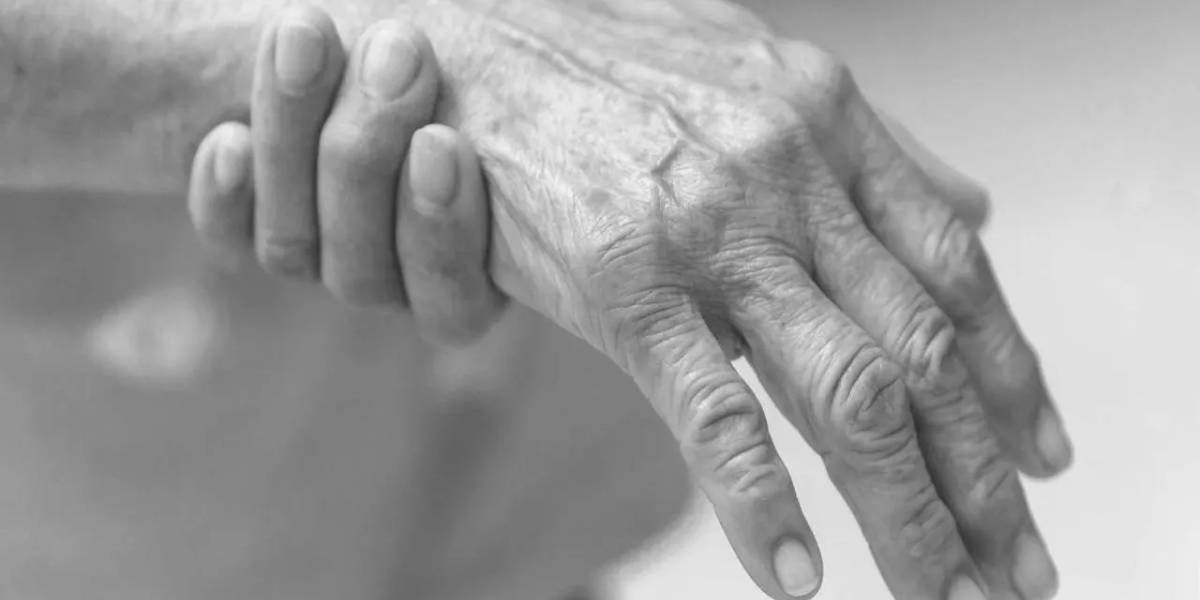The health department was at pains to explain that GBS is not a new condition; it is not contagious, and there is no cause for panic.
Published Feb 14, 2025 | 10:08 PM ⚊ Updated Feb 14, 2025 | 10:12 PM

GBS
Synopsis: There is no known cause of this disease, even though it appears to follow a bout of infection that the immune system has fought off; patients with symptoms must ideally approach doctors, since the condition is known to affect the nervous system and could cause deterioration quickly.
Panic and misinformation surfaced on social media in Andhra Pradesh following the death of a 10-year-old boy, Vatada Yutha, in Srikakulam district due to Guillain-Barré Syndrome (GBS).
On Friday, 14 February, the health department clarified that the state has reported 17 cases of GBS.
The department was at pains to explain that GBS is not a new condition; it is not contagious, and there is no cause for panic. It is a rare autoimmune condition in which the immune system attacks peripheral nerves.
Vatada Yuvatha, the boy from Kapu Godayavalasa village in Santhabommali mandal, had throat pain and fever, and was declared brain-dead on Monday.
He had been admitted to hospital on 31 January, and transferred between private hospitals in Srikakulam and Visakhapatnam for treatment.
His parents, Chiranjeevi and Roja, decided to donate his organs after he died.
Health, Medical and Family Welfare special chief secretary M.T. Krishna Babu on Friday said a total of 17 patients were under treatment for GBS in government hospitals across the state.
He issued directions to the managing director of the Andhra Pradesh Medical Services and Infrastructure Development Corporation (APMSIDC) to ensure the availability of sufficient stock of immunoglobulin at Central Drug Stores across the state.
All necessary facilities have been made available at Government General Hospitals.
“There is no cause for panic, and all Government General Hospitals are equipped to treat GBS cases with good outcomes. The treatment for GBS is covered under Dr. NTR Vaidya Seva. In view of the better neuro facilities, the majority of GBS patients are reported at Visakhapatnam, Kakinada, Guntur, Tirupati, and Kurnool,” the health department explained in a statement on Friday.
However, it pointed out that there is no geographical area where cases are being reported in clusters.
“Majority of patients, up to 80%, experience only mild symptoms and recover even without immunoglobulin. Around 10% to 15% of patients with GBS have serious symptoms and may require ICU treatment with immunoglobulin administration. Patients with GBS are being treated at KGH, Visakhapatnam, GGH, Kakinada, GGH, Guntur, and GGH, Kurnool,” the health department stated.
Patients suffering from GBS could deteriorate quickly, so it is important to seek medical attention promptly; early diagnosis and treatment can significantly improve outcomes.
The health department cautioned that Guillain-Barré Syndrome (GBS) is a rare autoimmune neurological disorder that occurs when the body’s immune system mistakenly attacks the peripheral nerves, leading to muscle weakness, numbness, and tingling. It is a global condition, affecting 1 to 2 persons per one lakh population. It is not a contagious disease and does not involve the brain or spinal cord.
GBS is often triggered by an autoimmune response, which can be sparked by:
Genetic predisposition: Some people may be more susceptible to GBS due to genetic factors.
The two common types of infections that can trigger GBS are respiratory infections and gastrointestinal infections.
Respiratory infections are usually viral, causing symptoms like fever, cough, cold, and a runny nose.
Gastrointestinal infections can present with stomach pain, cramps, diarrhea, and sometimes blood in stools.
These symptoms usually last three to four days; the infection resolves of itself. However, for GBS to develop, the person’s immune system must be strong enough to fight the infection first.
“Interestingly, people with very weak immune systems, such as those with uncontrolled diabetes or on immunosuppressive drugs, may not develop GBS because their immune response is not robust enough to trigger the condition,” said Hyderabad-based neurologist Dr Sudhir Kumar to South First.
“This is why GBS is seen more commonly in healthy individuals. In Pune’s outbreak, nearly 80 percent of affected individuals were under 50 years old, with the majority being young, otherwise healthy people. However, GBS can occur at any age, including in children and the elderly.”
“However, it is important to understand that GBS itself is not an infection. Many people mistakenly believe that GBS spreads like an infection, but that is not the case,” he said.
What happens is that a person gets infected with a pathogen, and the body mounts an immune response to fight it. This immune response is usually protective, but in a small number of people, it turns abnormal and starts attacking the patient’s own nervous system. This is what leads to GBS.
“So essentially, GBS is a post-infectious immune-mediated neurological disorder. The antibodies, which are meant to fight infections, mistakenly identify the nervous system as foreign and start attacking it. In GBS, the peripheral nervous system is affected. There is typically a gap of one to two weeks between the initial infection and the onset of neurological symptoms,” said Dr Kumar.
Dr Kumar pointed out that GBS does not spread like a viral infection. It is not contagious.
The infection that triggers GBS spreads through contaminated water or food. GBS is an autoimmune response triggered by an infection. The infection that caused the outbreak may have spread through contaminated water, but once the water supply issue is addressed, the outbreak will end.
GBS cases may continue to appear sporadically, but there is no risk of an epidemic.
(Edited by Rosamma Thomas)
